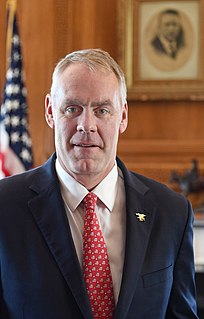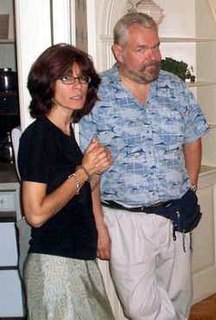A Quote by Jared Polis
Related Quotes
The foundation of leadership is your own moral compass. I think the best quality leaders really know where their moral compass is. They get it out when they are making decisions. It's their guide. But not only do you have to have a moral compass and take it out of your pocket, it has to have a true north.
Sometimes, in order to follow our moral compass and/or our heart, we have to make unpopular decisions or stand up for what we believe in. It can be difficult and even frightening to go against the grain, whether it's a personal disagreement with a friend, partner, or family member or a professional decision that affects coworkers and colleagues.

































